Understanding the Foundations of Redefining Alcohol Use
Redefining your relationship with alcohol is a deeply personal process that involves reflection, education, and strategic change. It starts with understanding how alcohol influences your physical health, mental well-being, and social life. Recognizing the effects and risks associated with drinking provides motivation for change and guides your approach. By gaining awareness of your habits, triggers, and underlying motivations, you can develop healthier, more mindful patterns that support your overall well-being.
The Significance of Self-Awareness and Honest Evaluation
Reflecting on personal drinking habits
Developing an honest understanding of your drinking patterns is essential for assessing whether changes are needed. Think about how often you drink, how much you typically consume, and the situations in which you tend to drink—whether socially, alone, or in response to stress. Recognizing these patterns provides insights into your relationship with alcohol and highlights areas for potential adjustment.
Using self-assessment tools like AUDIT or CAGE questionnaires
Self-assessment questionnaires, such as the Alcohol Use Disorders Identification Test (AUDIT) and the CAGE questionnaire, are valuable resources for evaluating your alcohol consumption objectively. These tools ask about your drinking habits, feelings about drinking, and related behaviors. They can indicate whether your drinking is within low-risk limits or if it suggests problematic use. Incorporating these assessments into your routine can inform whether you should seek further support or consider reducing your intake.
Recognizing signs of problematic alcohol use, such as cravings or neglected responsibilities
Pay close attention to signs that may indicate an unhealthy relationship with alcohol. Cravings, inability to cut down despite trying, or using alcohol as a primary coping mechanism are common markers. Additionally, neglecting responsibilities, experiencing relationship issues, or noticing health problems related to alcohol use are serious indicators that reevaluation is needed.
How do I assess my current alcohol use and determine if I need to make a change?
To evaluate your drinking habits, begin by reflecting on your usual patterns—frequency, quantity, and contexts. Use self-assessment tools like AUDIT or CAGE questionnaires to get a clearer picture. Notice whether alcohol affects your mood, health, or relationships negatively. If you find that your drinking is problematic—such as causing health concerns, emotional distress, or interfering with daily tasks—it may be time to consider making a change. Consulting with a healthcare professional can provide personalized advice, support, and guidance for this process.
Understanding your current alcohol use is a pivotal first step toward healthier choices. Recognizing warning signs early allows you to take proactive steps to reduce risks and improve your overall well-being.
Strategies for Beginning Change: Small Steps and Support
What practical steps can I take to start changing my drinking habits?
Starting on the path to healthier drinking habits can feel overwhelming, but breaking it down into manageable, practical actions makes it easier. Begin by setting personal, clear, and achievable goals—such as limiting yourself to two drinks per week or abstaining on certain days.
Tracking your alcohol consumption can provide valuable insight into your habits. Apps like Try Dry or simple journal methods can help you monitor when, why, and how much you drink. Recognizing triggers—such as social situations, stress, or certain emotions—allows you to develop strategies for managing them.
Seeking support is vital. This can include talking with trusted friends and family or joining support groups, both of which offer encouragement and accountability. Professionals like GPs or addiction counselors can offer tailored advice and resources for sustainable change.
Planning ahead for challenging moments is also crucial. Think about how you'll handle social pressures, cravings, or emotional urges. Replacing alcohol with non-alcoholic drinks during social gatherings or engaging in alternative activities like exercise, hobbies, or mindfulness practices helps reinforce new habits.
Finally, practicing self-compassion throughout your journey is essential. Remember, setbacks can happen, but they are part of the process. Celebrate small victories to motivate continued progress. When in doubt or facing difficulty, don’t hesitate to seek professional help for extra guidance and support.
Effective Moderation Techniques and Limits
What are some practical steps to begin changing drinking habits?
Starting to change your drinking habits can be straightforward if approached with clear strategies. One effective method is setting personal limits during alcohol consumption. For example, the 1/2/3 drinking rule is a practical guideline: aim for no more than one drink per hour, no more than two drinks on any single occasion, and limit alcohol consumption to three days a week. Such rules help manage intake and promote moderation.
Planning ahead is crucial. Decide in advance which days you will abstain and allocate specific limits for social events. Alternating alcoholic drinks with non-alcoholic beverages, like sparkling water or herbal tea, can reduce overall intake while still allowing social engagement.
Monitoring your drinking patterns is equally important. Utilize apps or keep a journal to record when, why, and how much you drink. This awareness helps identify triggers, such as certain social settings or emotional states, that prompt drinking.
Building support by informing trusted friends or joining support groups can reinforce your commitment. Seek professional advice if needed, for tailored strategies to sustain long-term change.
These initial steps foster a mindful approach, making moderate drinking more manageable and helping you develop a healthier relationship with alcohol.
Using the 1/2/3 drinking rule
Implementing this simple set of limits can significantly reduce excessive drinking. It emphasizes:
- One drink per hour
- No more than two drinks at a sitting
- Drinking no more than three days in a week
This approach helps prevent binge drinking and maintain control.
Setting personal drink limits
Personalizing your goals, such as reducing total weekly drinks or choosing alcohol-free days, aligns with your lifestyle. Creating specific, measurable targets allows easier tracking and boosts confidence as you meet milestones.
Alternating alcoholic with non-alcoholic beverages
Substituting alcoholic drinks with tasty non-alcoholic options not only cuts alcohol intake but also satisfies the social aspect of drinking. It reduces temptations without feeling deprived.
Plan for urges and managing social pressures
Preparing for moments of temptation—such as knowing how to say
Benefits of Sobriety Initiatives and Breaks from Alcohol
Participating in programs like Dry January or Sober October offers a structured way to take a break from alcohol, helping individuals assess their drinking habits and experience health benefits.
During these initiatives, many discover improvements in both physical and mental health. For example, a month without alcohol can lead to better liver function, lower blood pressure, and a decreased risk of developing certain cancers. It also often results in weight loss, improved sleep quality, and increased energy levels.
Mental health tends to benefit significantly as well. Abstaining from alcohol reduces feelings of anxiety and depression that can be worsened by heavy drinking. It also promotes mental clarity and emotional stability, making daily life and relationships easier to manage.
Even short periods of abstinence can have lasting effects. Scientific evidence supports that taking breaks from alcohol not only provides immediate health improvements but can also encourage healthier, long-term drinking habits. Studies show that people who refrain from alcohol for a month or more often find it easier to reduce their overall intake and develop a more balanced relationship with alcohol.
Overall, reducing or abstaining from alcohol enhances quality of life by fostering better sleep, stronger immunity, and a more positive outlook. These practices, reinforced by ongoing research, underscore the importance of lifestyle choices in maintaining long-term health and well-being.
How Alcohol Impacts Your Relationships and Social Life
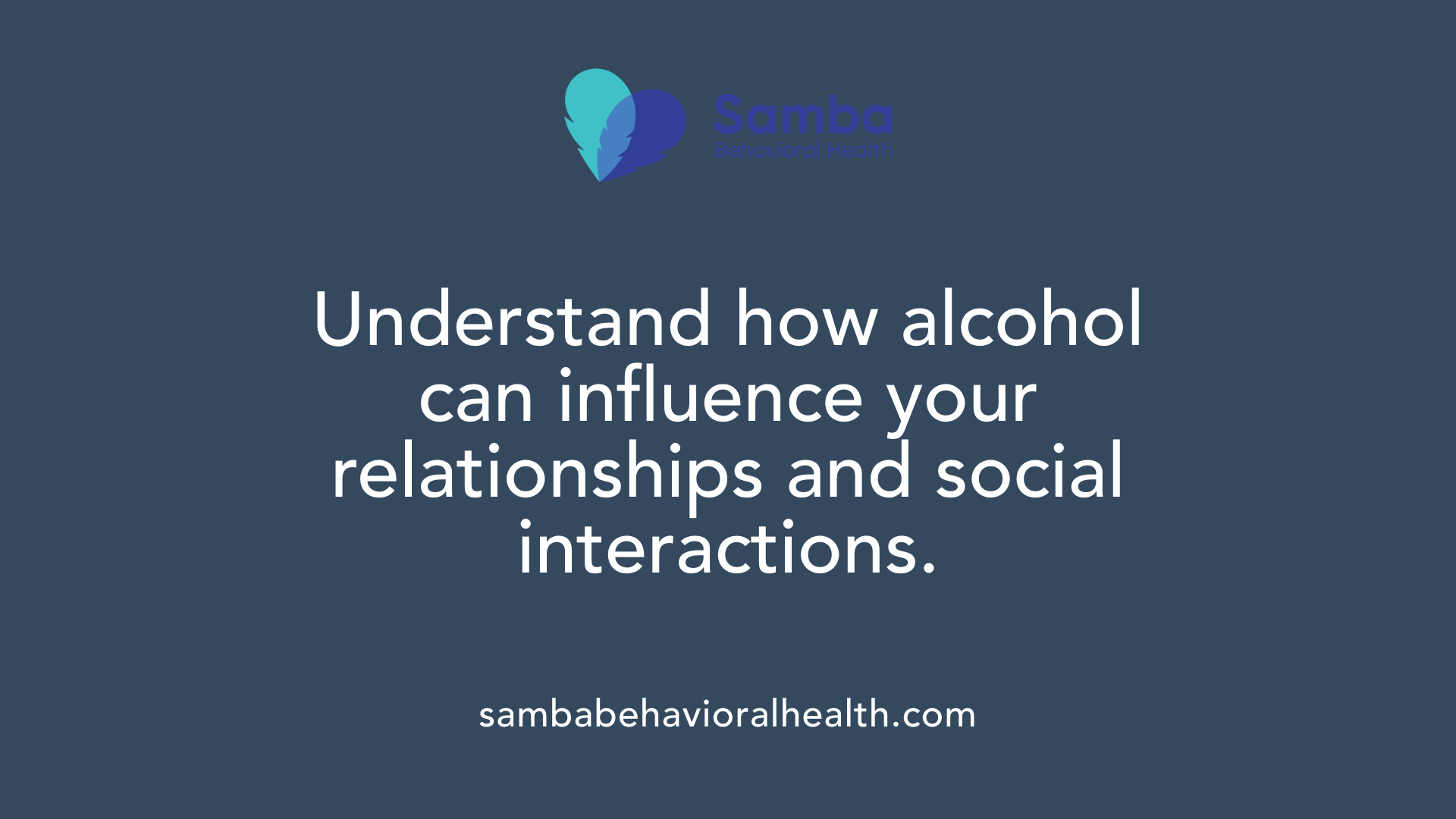
Can alcohol influence the health of my relationships?
Alcohol misuse can significantly strain relationships with partners, family, friends, and colleagues. When alcohol is misused, it can contribute to misunderstandings, conflicts, and emotional distance. In some cases, excessive drinking may lead to infidelity, domestic violence, and family dysfunction.
Alcohol's effects extend beyond individual health, impacting social bonds and trust. For example, alcohol-related disagreements can escalate into serious issues like domestic abuse or infidelity. Family members may feel hurt, betrayed, or unsafe, which can erode the foundation of close relationships.
Social interactions are also influenced by alcohol consumption. While a drink can sometimes help reduce social anxiety, excessive intake often leads to impaired judgment, mood swings, and unpredictable behavior. This can damage friendships and social standing, especially if others perceive drinking as problematic or disruptive.
Being mindful about alcohol’s role in social settings and understanding its potential to harm relationships are crucial steps toward healthier social and emotional lives. Setting personal limits and seeking support if needed can help preserve and strengthen meaningful connections.
This understanding highlights the importance of reevaluating drinking habits to protect one's relationships and overall social health.
For more insights, search for "Impact of alcohol on relationships and social health."
Understanding the Psychological and Motivational Aspects of Change
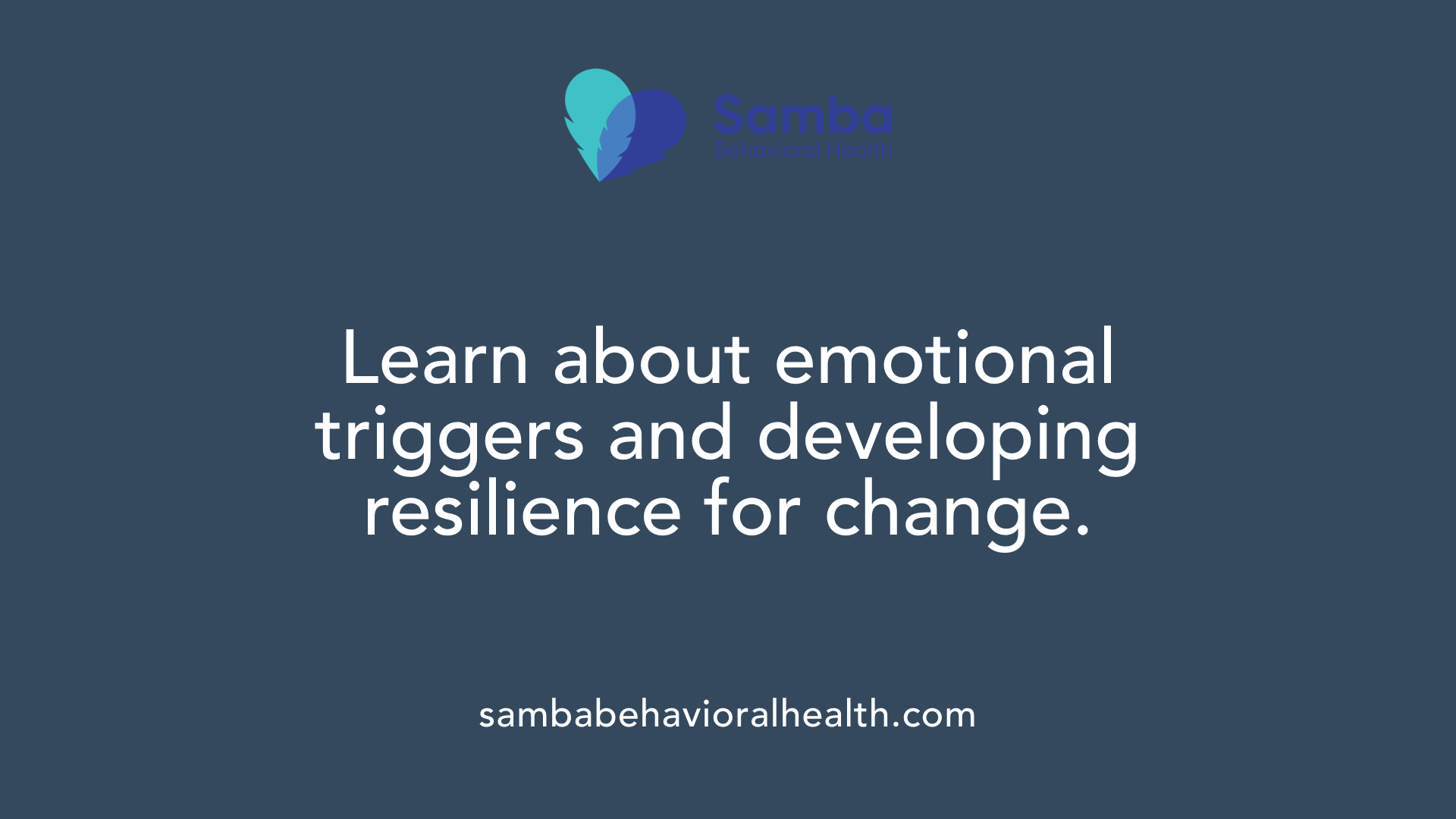
What psychological or motivational factors are involved in changing alcohol-related behaviors?
Changing alcohol habits goes beyond just knowing the health facts; it involves deep psychological and emotional processes. Individuals often drink to cope with stress, emotional pain, or social pressures. Recognizing these emotional needs and triggers is essential for meaningful change.
People may also be motivated by physical reasons—such as wanting to improve health or appearance—or by spiritual or metaphysical reasons, like seeking clarity, self-connection, or a sense of purpose.
Building self-awareness helps in identifying these underlying motivators. For example, paying attention to why you reach for a drink, at what moments, and in what emotional states can reveal patterns that need addressing.
Resilience plays a vital role, too. Developing the ability to handle cravings, setbacks, and social situations without alcohol requires emotional strength and adaptive coping strategies.
Motivations for change can be strengthened by creating clear, personalized goals. Whether it's feeling healthier, saving money, improving relationships, or finding more authentic ways to enjoy socializing, these reasons serve as powerful catalysts.
Engaging in mindful practices, such as journaling or meditation, enhances awareness of emotional needs and fosters resilience. Support systems, including friends, family, or professionals, offer essential encouragement and accountability.
Incorporating understanding of emotional needs, triggers, and personal motivations into a plan for change makes the process more effective and sustainable. It shifts the focus from external pressures to internal growth and self-discovery, leading to a healthier, more conscious relationship with alcohol.
Support and Resources for Sustainable Change
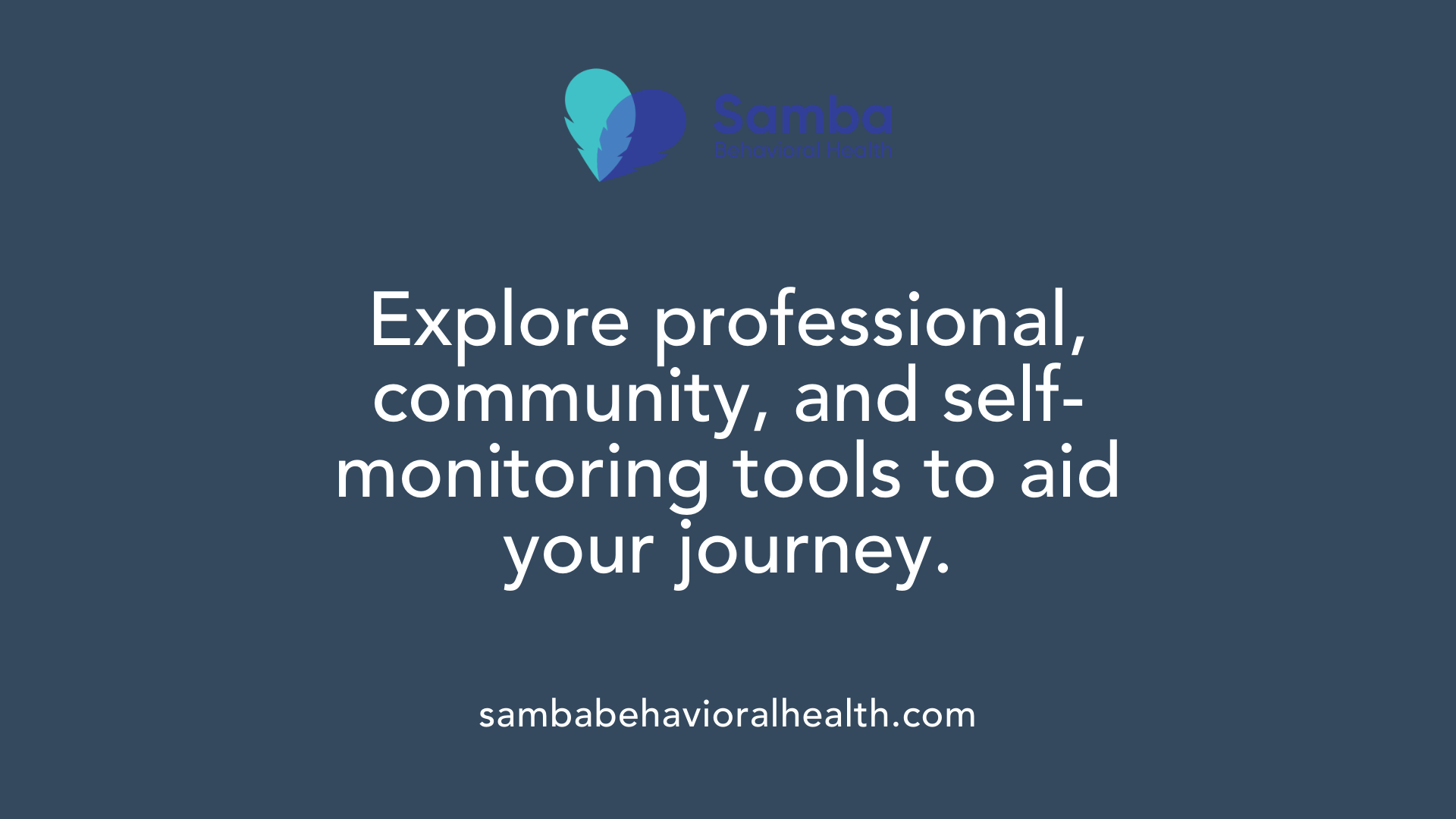 When considering making changes to alcohol consumption, having access to appropriate support structures is crucial for success.
When considering making changes to alcohol consumption, having access to appropriate support structures is crucial for success.
Support options for individuals wanting to change their drinking habits include a variety of resources tailored to different needs. Professional counseling and behavioral therapies can address underlying emotional or psychological factors contributing to alcohol use. These approaches often involve one-on-one therapy, group sessions, or specialized programs like SMART Recovery or Women for Sobriety.
Support groups such as Alcoholics Anonymous (AA) or local sobriety communities offer peer-based encouragement and shared experiences, fostering a sense of belonging and accountability. These groups provide a safe space to discuss challenges, celebrate milestones, and learn from others on similar journeys.
For some, medical assistance from healthcare providers might be necessary, especially if dealing with dependence or withdrawal symptoms. Doctors can recommend medications like naltrexone, acamprosate, or disulfiram, which can help reduce cravings or deter drinking.
Self-assessment tools, including digital apps like Try Dry or Drinkaware’s Drinking Check, enable individuals to monitor their drinking patterns, identify triggers, and evaluate their progress. This self-awareness often motivates continued effort toward healthier habits.
In addition to traditional treatments, exploring innovative options such as experimental therapies or new medications under medical supervision can offer further support, especially in resistant cases.
Community or online support networks also play an important role. They frequently provide ongoing encouragement, practical tips, and accountability, helping individuals stay committed to their goals.
Overall, combining professional help, community support, and self-monitoring creates a comprehensive framework for effective, sustainable change in one's relationship with alcohol.
Developing a Personalized Plan for Long-Term Change
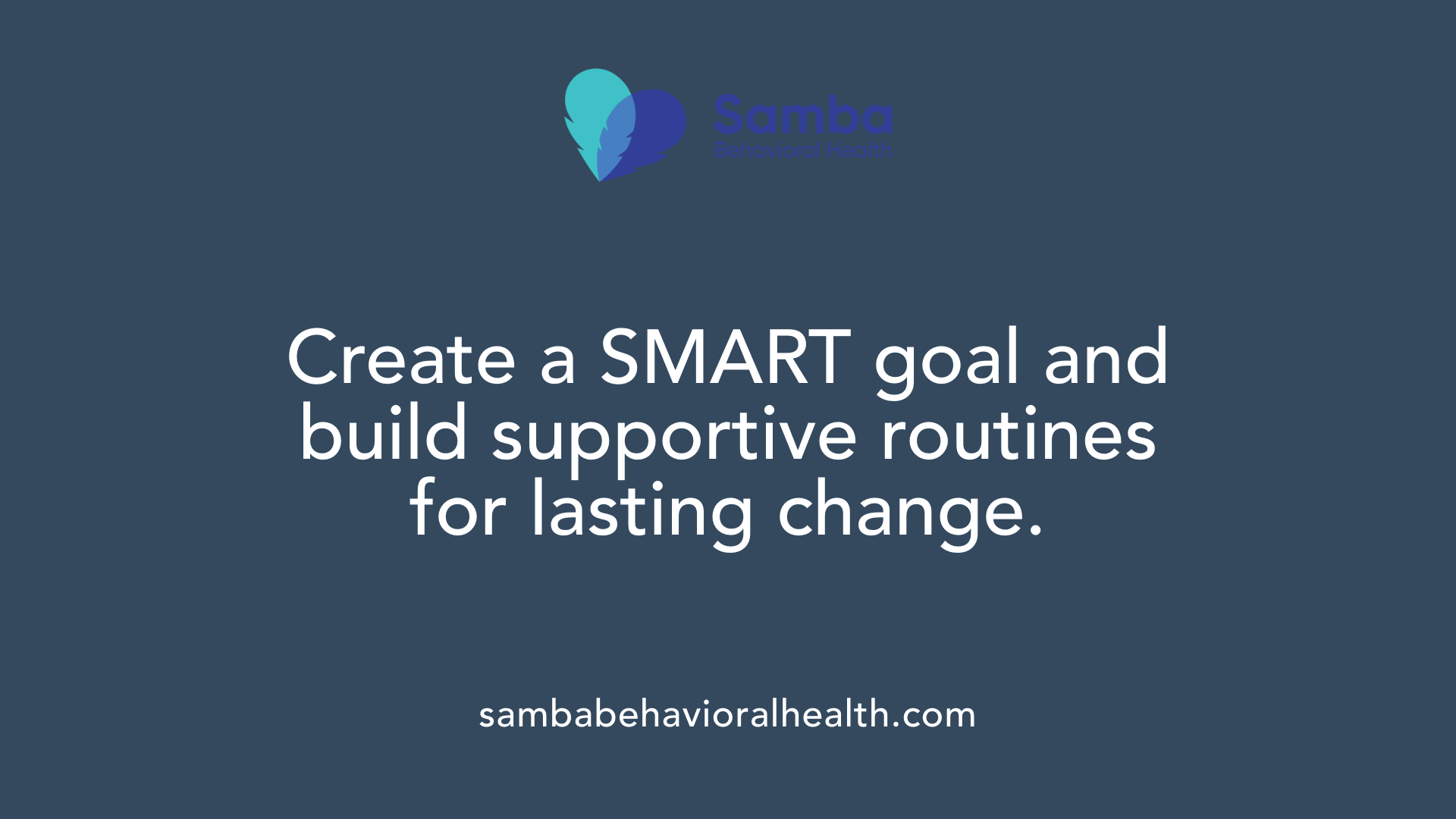
How can I set goals and maintain motivation for long-term change?
Creating a clear and structured plan is crucial when working to redefine your relationship with alcohol. One effective starting point is setting SMART goals—Specific, Measurable, Achievable, Relevant, and Time-bound. For example, instead of saying, "I want to drink less," a SMART goal could be, "I will limit myself to two drinks per week for the next three months." This specificity helps provide focus and makes progress easier to track.
Building routines and habits that support your goals can also reinforce your efforts. Implementing alcohol-free days, engaging in enjoyable hobbies, or taking up regular exercise can replace old drinking habits and create a new normal. These routines act as anchors that support your long-term commitment.
Regularly monitoring your progress is essential to stay motivated. Using journals, mobile apps like Try Dry, or simple self-reflection can help you observe patterns, celebrate successes, and identify areas needing adjustment. Recognizing even small victories can build confidence and reinforce your reasons for change.
In addition, practicing self-compassion and understanding that setbacks are part of the journey are vital. Celebrate your progress without judgment and treat setbacks as learning opportunities. Seeking support from friends, family, or support groups offers accountability, encouragement, and shared experiences that can keep you motivated.
Combining these strategies—goal setting, routine building, progress monitoring, and support—paves the way for sustainable, long-term change. Remember, persistence and kindness to yourself are key, making your transition toward a healthier relationship with alcohol both achievable and rewarding.
The Psychological and Physical Benefits of Abstinence
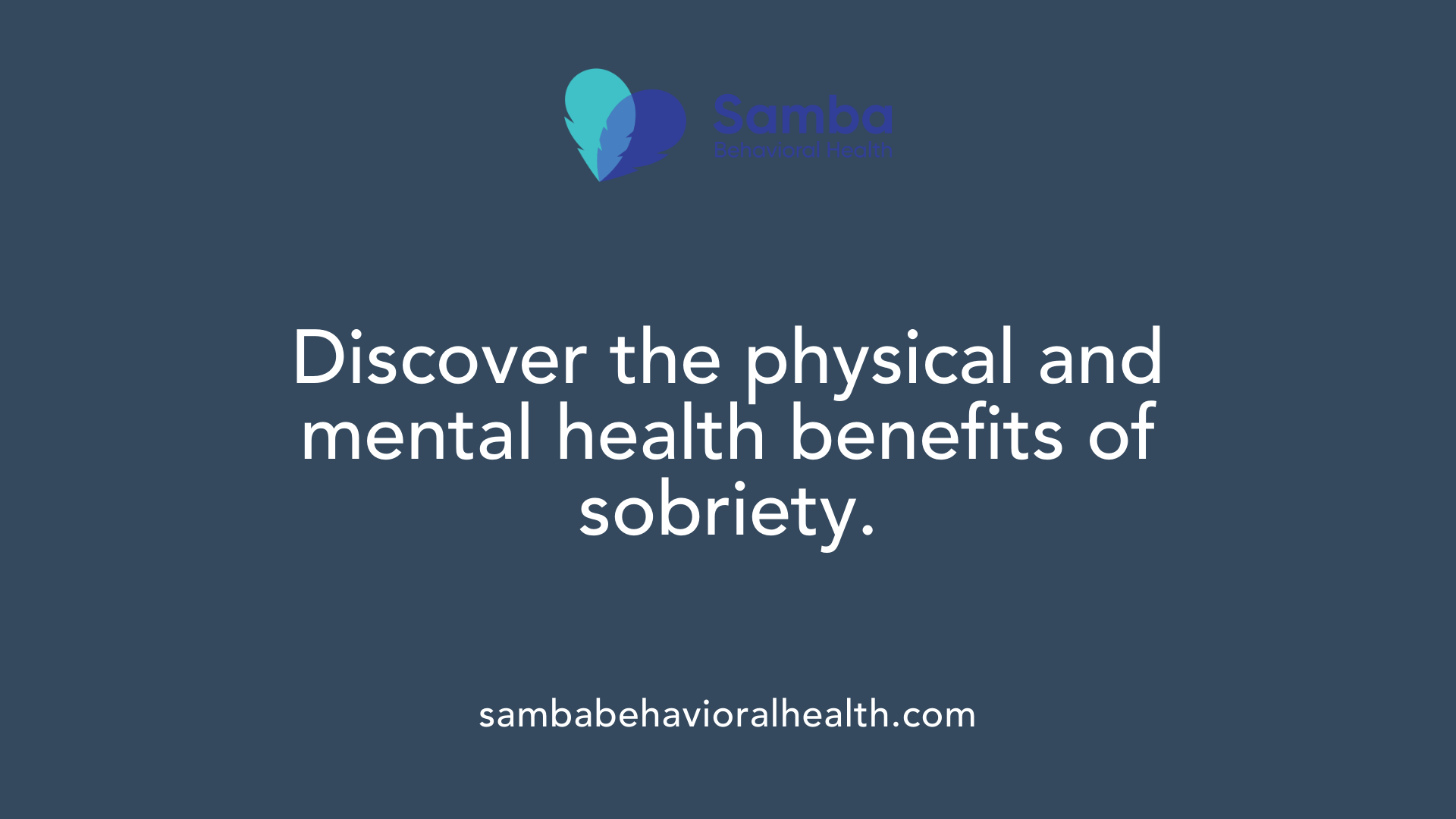
What are the benefits of sobriety and abstinence?
Choosing to abstain from alcohol offers numerous advantages for both the mind and body. Physically, it can lead to significant health improvements such as better liver and gut functioning, lowered risk of developing certain cancers, and enhanced metabolic health. Regular periods of sobriety, like during Dry January or Sober October, have been linked to reductions in proteins associated with cancer growth, and can also promote healthy weight loss and improved blood pressure.
Mentally, abstinence facilitates clearer thinking and stronger emotional regulation. Many individuals report reductions in anxiety and depression levels after stopping drinking, which allows for greater mental clarity and emotional stability. Sobriety creates space to examine underlying emotions, patterns, and triggers, fostering personal growth and resilience.
Over the long term, remaining alcohol-free can enhance sleep quality, boost energy levels, and strengthen the immune system. It also tends to improve relationships, reduce impulsivity, and increase overall happiness. Together, these physical and mental benefits contribute to a better quality of life and support individuals in pursuing their personal and health goals with greater confidence.
In summary, embracing sobriety can lead to profound improvements in physical health, mental clarity, and emotional well-being, helping individuals live more balanced and fulfilling lives.
Taking Charge of Your Alcohol Journey
Redefining your relationship with alcohol is a transformative journey rooted in self-awareness, education, and strategic action. Whether you choose moderation, abstinence, or a balanced approach, the process involves understanding your triggers, setting realistic goals, and seeking support when needed. Remember, change is a gradual process that benefits from compassion, persistence, and community. By embracing the insights and techniques outlined, you can foster healthier habits, improve your well-being, and live more authentically. Your commitment to redefining your relationship with alcohol opens the door to a more vibrant, healthier life.
References
- How I reset my relationship with alcohol | Drinkaware
- How to have a healthier relationship with alcohol | Optum
- The 4 Stages Of Changing Your Relationship With Alcohol
- How To Redefine Your Relationship With Alcohol - Conifer Park
- Drinkinggoals: Tips for Having a Healthier Relationship with Alcohol
- Change Your Relationship With Alcohol - Mel Robbins
- Questioning Your Relationship with Alcohol? Here's What to Do Next
- Is it time to explore your relationship with alcohol? - MyCG.USCG.mil
- My Relationship with Alcohol
- 8 top tips for healthier drinking and happier relationships
